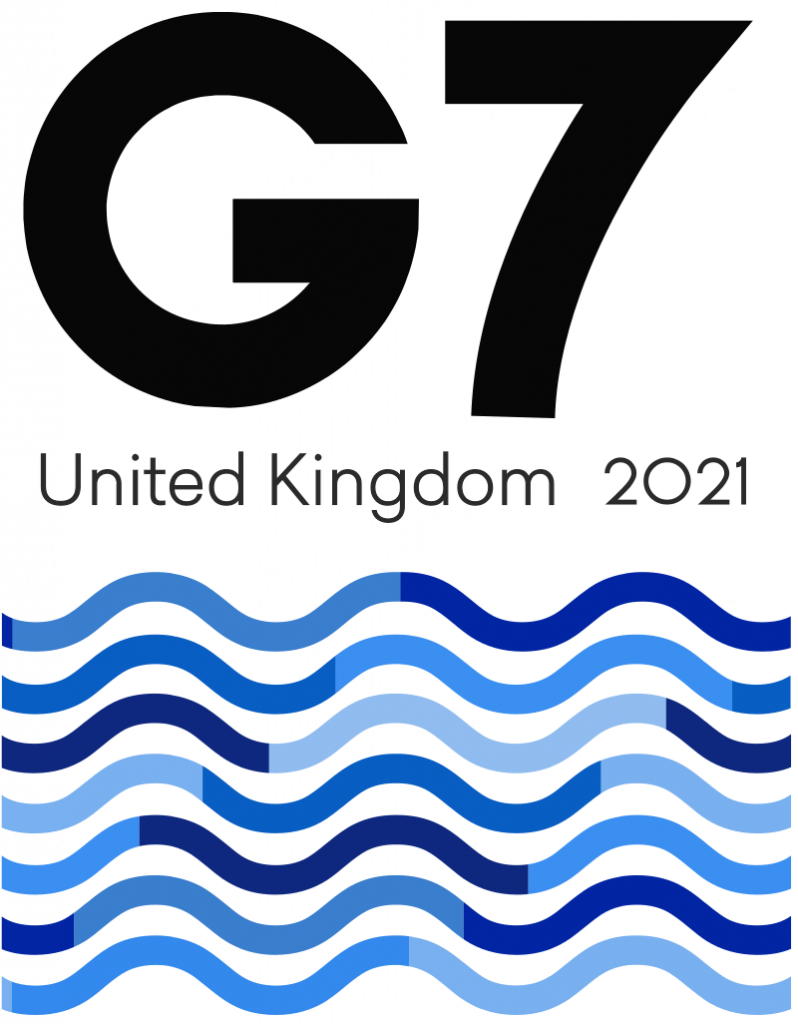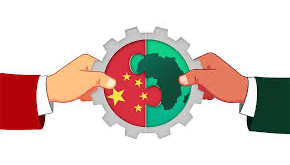Africa China review Reporter

The Elders, a group founded by South Africa’s late president Nelson Mandela in 2007, made up of global independent leaders working for peace and human rights, have argued G7 leaders to take urgent action on covid-19 vaccines distribution in Africa as a sign of global solidarity. Many African countries have not yet accessed the required amounts of vaccine doses to immunize against COVID-19. Rich countries have been blamed for hording the vaccines leaving the developing countries in a crisis. The Group of Seven (G7) is an informal club of wealthy countries consisting of Canada, France, Germany, Italy, Japan, the United Kingdom and the United States.
The 47th summit of G7 leaders will be held on June 11-13 in the UK. The leaders have also been argued to avail more funding to deal with the looming global threats of climate change including drought, floods and an increase in pest infestation to crops that may result into famine in many countries in Africa. “Pledge new climate funding or risk further weakening the multilateral system, on which future progress and prosperity depends,” the elders warned. Amnesty International has also added its voice and said says that “the world’s richest governments are condemning billions of people to starvation, drought and displacement through their continued support of the fossil fuel industry”.
Although the World Health Organization (WHO) has called on rich countries to share COVID-19 vaccines with developing countries through the Covax facility the response has been sluggish. Earlier this year, WHO boss warned that “the world faces a “catastrophic moral failure” because of unequal Covid vaccine policies.
Tedros Adhanom Ghebreyesus said it was not fair for younger, healthy people in richer nations to get injections before vulnerable people in poorer states. He further noted that over 39 million vaccine doses had been given in 49 richer states – but one poor nation had only 25 doses.
Rich countries persistently refused to waive the rights on Covid vaccines as the pandemic global cases are still on the rise. The U.S., Canada and U.K. are among some of the high-income countries actively blocking a patent-waiver proposal meant to increase the global production of Covid-19 vaccines. The recent emergency approval by WHO for a COVID-19 vaccine developed by China state owned Sinopharm Company may be a game changer and good news for developing countries. China has shown the willingness to share with the rest of the world. While addressing the 73rd session of the virtual world health Assembly in May last year, Chinese president Xi Jinping announced his country will make COVID-19 vaccine a global public good. China also pledged to contribute $2 billion in two years to mitigate the impact of COVID-19 on economic and social development in developing countries.
For comments or opinion write to us on info@africachinareview.com
 Africa -China Review Africa -China Cooperation and Transformation
Africa -China Review Africa -China Cooperation and Transformation
